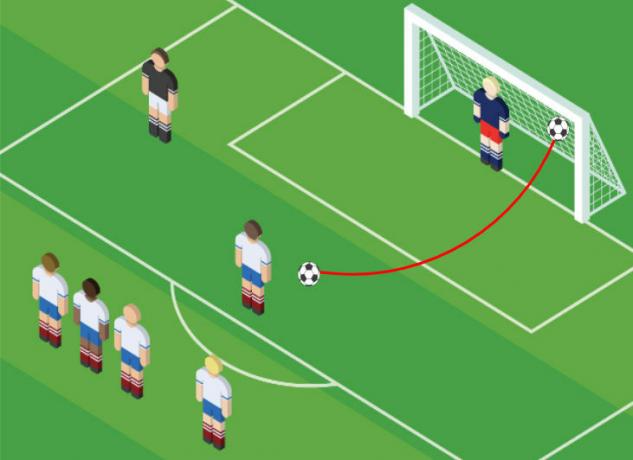Have you noticed that sometimes we can realize that we are in a dream? This phenomenon is called "lucid dreaming" and considers the possibility that we are conscious at the time of the dream, however, you may wonder, why does this happen? To answer this question, read this article and understand more about what lucid dreaming is and its consequences.
Read more: Do you have strange dreams? Find out what they might mean.
see more
Dreaming of living abroad? Discover the countries that love the most…
The wonder of the garden: Arruda, the miracle plant
Why are there 'lucid dreams'?
Perhaps the most important question to be asked is: after all, why are we able to recognize that we are dreaming? After all, shouldn't dreams be a mechanism of our unconscious? According to scholars, one of the reasons that lead someone to realize that they are dreaming is the habit of questioning whether it is reality or a dream.
This means that people who ask these questions when awake usually repeat them in their dreams. So, in the same way that you can recognize that you are not in a dream, it is also possible to realize when you are dreaming. Then, from that moment on, the lucid dream begins.
In fact, a recent study published in Current Biology shows an experiment in which people with a high frequency of lucid dreams underwent a 'training' to communicate during the dream. In this case, these volunteers went inside an electroencephalogram machine to measure their brain activity.
In addition, the researchers used a machine to capture eye movement. So, these volunteers were induced to sleep aware that they would have to move their eyes three times back and forth if they were in a lucid dream and so, they did. In addition, they were able to answer questions to the scientists through eye movement.
Are lucid dreams 'dangerous'?
There is nothing dangerous about this phenomenon, however, scientists warn that this type of dream is not accurate. After all, sleeping time is expected to be a time when we disconnect from our conscious thinking. Thus, people with a lot of lucid dreaming tend to demonstrate less REM movement, which is very important for the brain.

